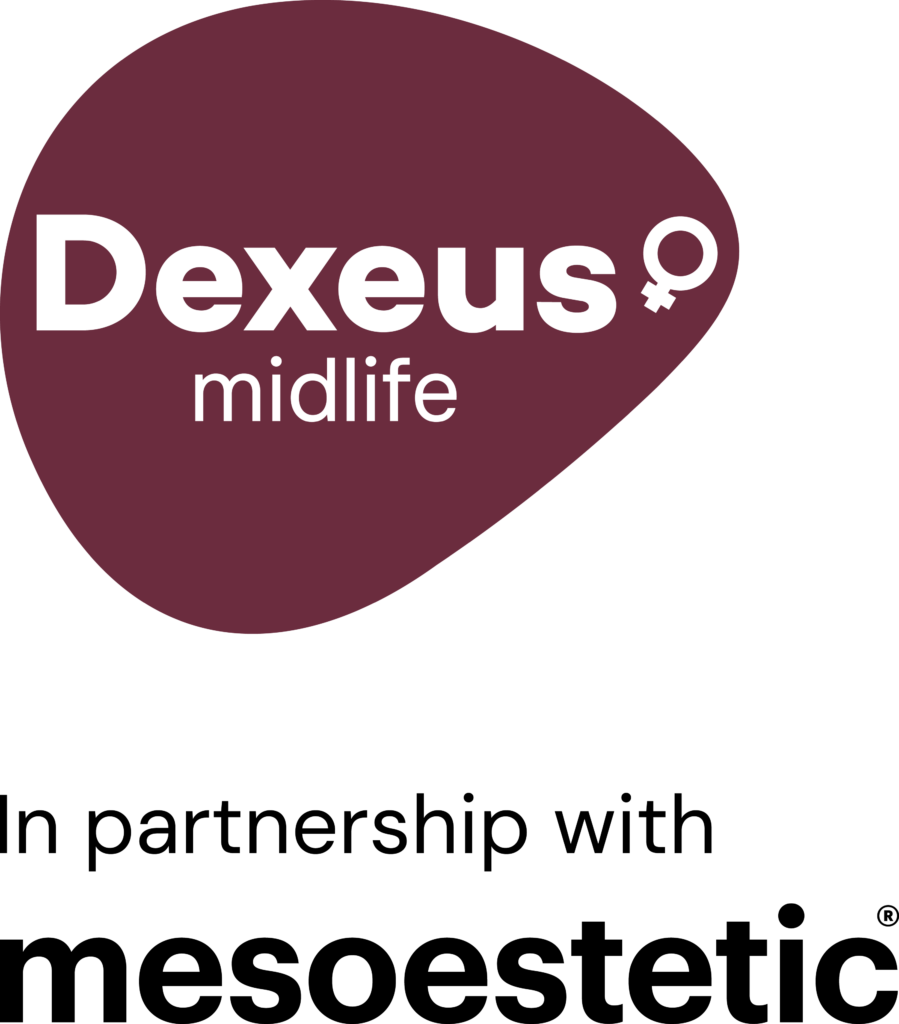Gynaecological health
Premenopause
Gynaecological health
A woman’s fertile stage runs from the time she begins to ovulate and her first period until she reaches the menopause. It generally lasts about three decades from the age of 12-14 to about 40-42. However, fertility declines over the years as the number and quality of her eggs are depleted.
Impaired ovarian function, then, is a continuous process in women lasting several years and spanning a number of stages.
As the name suggests, premenopause is a period before the onset of menopause. It begins from the stage when women start to gradually lose their ovarian function and thus experience a reduction in the production of female hormones, oestrogen and progesterone.
This period can last approximately 5 years and may be very different for each woman. In some cases, it can start between the ages of 40 and 45, and in others in their late 40s, although it has been found that it may be shorter and earlier in smokers and women under stress as well as in those who have undergone uterus and ovary operations.
What symptoms might you experience?
Premenstrual syndrome (breast pain, headaches, breast tenderness) may worsen, but there are still no vasomotor symptoms or they are not very marked (hot flushes or night sweats). Menstrual cycles are normal and occasionally may be shorter, although ovulation occurs in most cases. Fertility problems can be detected.

